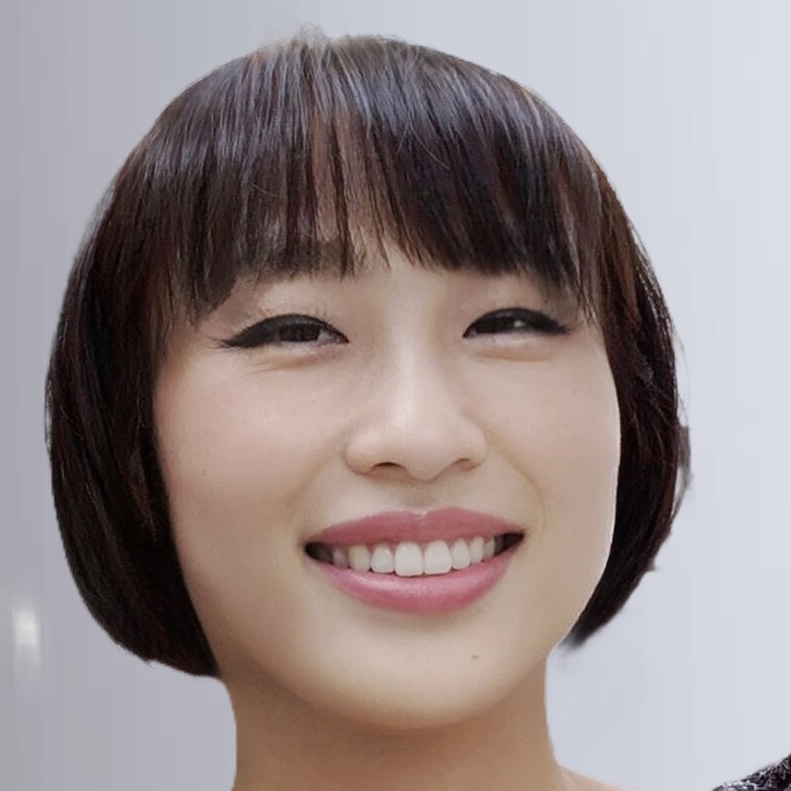Menopause: It’s all about Yin-Yang Balance
- Jing Tian
- May 29, 2022
- 2 min read
Updated: Oct 15, 2023

The menopause is a natural part of ageing that usually occurs between 45 and 55 years of age, as a woman’s oestrogen levels decline. In the UK, the average age for a woman to reach the menopause is 51. But around 1 in 100 women experience the menopause before 40 years of age.
Even though peri-menopause and menopause are completely natural processes and not disease states, many women are plagued with a host of unwanted symptoms; hot flashes, night sweats, insomnia, irritability, moodiness, libido changes, mental fog and vagina dryness.
A woman may experience menopausal symptoms as early as 8 to 10 years before her last menstrual period. The duration and severity of the symptoms are different for every woman. For many women, menopausal symptoms can have a negative impact on the quality of life.
Managing Menopause With Chinese Medicine
In Chinese Medicine, the body is considered in constant flux as the body balances Yin & Yang. These two energies are always dancing together; they are interdependent, mutually consuming, opposites and have the ability to transform into the other. Ideally, if the body were to be completely balanced, there would be no symptoms, dysfunction, or pain.
For women, during menopause period the Yin energy will decline faster than yang energy which impacts the Yin/Yang balance – Yin becomes deficient relative to Yang. Yin has cooling and moistening properties, so when Yin is deficient, symptoms can develop that are characterised by heat (such as hot flushes and sweating) and lack of moisture (such as vaginal dryness). On the other hand, Yang is heating and drying, so as it becomes more dominant or hyperactive in comparison to Yin, heat-related menopausal symptoms worsen, and the fluids in the body begin to dry up. In Chinese Medicine this is referred to as “deficient heat as opposed to “full heat” when the whole face is red or in a fever, because there is too much Yang (heat, dryness) in relation to Yin.
Acupuncture and Traditional Chinese herbal medicine can help to bring the body back to that balanced state, balance Yin/Yang, work to preserve essence, and assist with symptom management. The use of herbal medicine can help provide support for menopausal symptoms, with certain individual herbs and herbal formulas indicated for tonifying Yin and Yang, nourishing dryness, calming the mind, and reducing the heat symptoms behind hot flashes and night sweating.
Clinical studies have shown a decrease in the severity and total overall amount of hot flashes experienced, as well as a decrease in sleep and mood disturbances, with regular acupuncture treatments.
Chinese medicine and acupuncture tailors the remedies and dosages to the individual woman and her symptoms. Every woman’s menopause is different and her symptoms may result from a number of different energy disturbances. Therefore, you should consult Chinese Doctor for an individual diagnosis.
For more information or book an appointment for Chinese Medicine Consultation , please feel to contact us.
Reference:
Acupuncture may reduce menopause symptoms;
Acupuncture may ease troublesome menopausal symptoms;
Menopause: Could Chinese herbal remedies reduce hot flashes;
Efficacy of a standardised acupuncture approach for women with bothersome menopausal symptoms (the ACOM study);
Chinese herbal formulae for the treatment of menopausal hot flushes: A systematic review and meta-analysis;




Comments